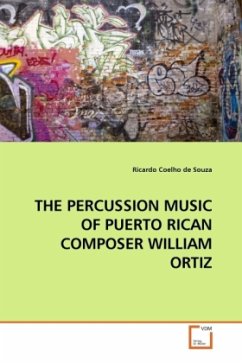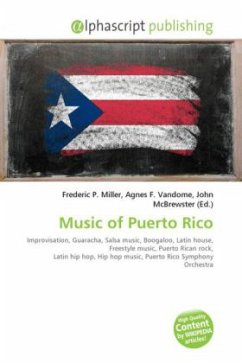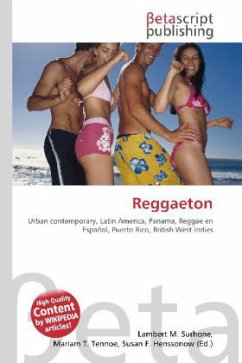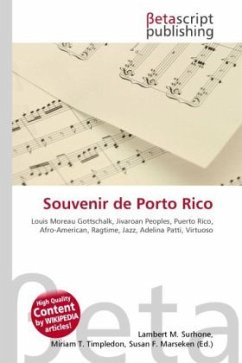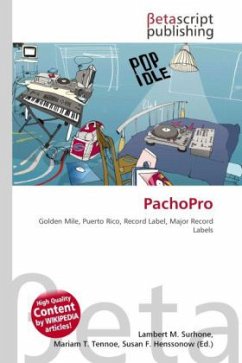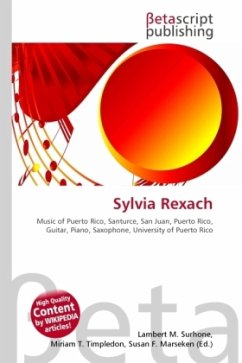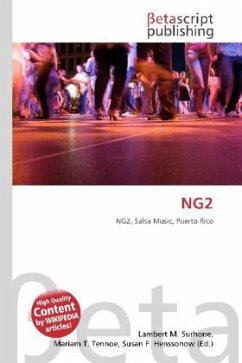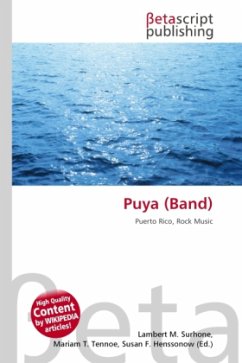The purpose of this document is to introduce the percussion music of William Ortiz to a larger number of performers, educators, and scholars of Latin American music. Puerto Rican composer William Ortiz was raised and educated in the United States, but his Latino identity plays a vital role in his music. Particularly, his experiences as a Nuyorican in the 1970s have informed the aesthetics of his music, which transforms the sounds of the streets into art music. Unique in that respect is the use of what Ortiz calls vocalized graffiti, verbal passages that are integrated in Ortiz instrumental narrative. This document begins by questioning the place of Latin American music and musicians in a complex socio-political context dominated by Eurocentric thought. After reviewing the literature on Ortiz, focus is given to the rich rhythmic vocabulary he explores in his compositions, the most notable Latin American trait of his musical language. Attention is brought to the importance of Afro-Latin American music and salsa in defining Ortiz Latin American aesthetics. In the second part of the document, other unique elements are examined in individual compositions.
Bitte wählen Sie Ihr Anliegen aus.
Rechnungen
Retourenschein anfordern
Bestellstatus
Storno

